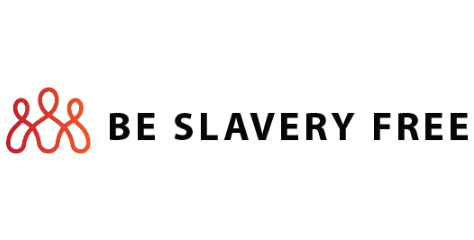2021 EASTER SCORECARD
Be Slavery Free (Australia and the Netherlands), Green America, INKOTA (Germany), Mighty Earth, and National Wildlife Federation published their 2021 joint Easter Scorecard, analyzing how the world’s biggest cocoa traders and chocolate manufacturers are addressing social and environmental benchmarks.
Alter Eco, a US-based company with distribution in the US and parts of Europe, received the “Golden Egg” award for the first time. The NGOs also acknowledged its partner Chocolats Halba / Sunray, for Halba’s role in helping Alter Eco achieve sustainability goals. Tony’s Chocolonely and Whittaker’s won “Golden Eggs” in Germany, Holland, New Zealand/Australia, where Alter Eco is not widely available – so consumers will almost always be able to buy Golden Egg products.
The NGOs surveyed 31 chocolate companies and cocoa suppliers, estimated to be supplying over 80% of the world’s chocolate confectionery. Companies were scored on the six most pressing sustainability issues facing the chocolate industry: human rights due diligence, transparency and traceability, deforestation and climate change, agroforestry, living income, and child labor. Brands were then placed into one of four “bunny” categories: from green for best, through yellow, and orange, all the way to red for worst-in-class. Those awarded a green bunny are leading the industry on policy and evidence of implementation. Those with a red bunny have weak or no policies and poor evidence of implementation. The few companies that chose not to participate in the scorecard also received a red bunny.
Overall, the ranked companies have made the most positive progress in the traceability category over recent years. This scorecard shows how many are improving fast on this issue, though most still are not crossing the finish line to address indirect cocoa supply chains. In order to address all issues in the scorecard, companies must first know where the cocoa is coming from. Without that information, there is little hope of ending child labor, farmer poverty, or deforestation. Companies must have fully traceable supply chains, paired with transparent reporting.
Besides the traceability trend, the scorecard provides a snapshot on how companies address farmers’ living income. This is crucial, as the low price of cocoa on the global market is driving farmers into dire poverty. Most cocoa farmers earn under $1 per day, with many women cocoa farmers making as little as $0.30 daily.
The scorecard also shows that the pace for adopting agroforestry and more climate-friendly farming practices is slower than required. The cocoa industry is shifting slowly from problematic monocultures to wildlife-friendly agroforestry. However, companies need to invest more resources in growing and nurturing diverse trees on cocoa farms, and better support tree tenure security to ensure the uptake of agroforestry worldwide.
This scorecard sets the record straight on greenwashing versus real action, by revealing company under-performance in the cocoa sector. Despite decades of voluntary industry commitments, poverty, hazardous child labor, and deforestation are still widespread. Corporate underperformance tracked in the scorecard shows how robust due diligence legislation is needed.





